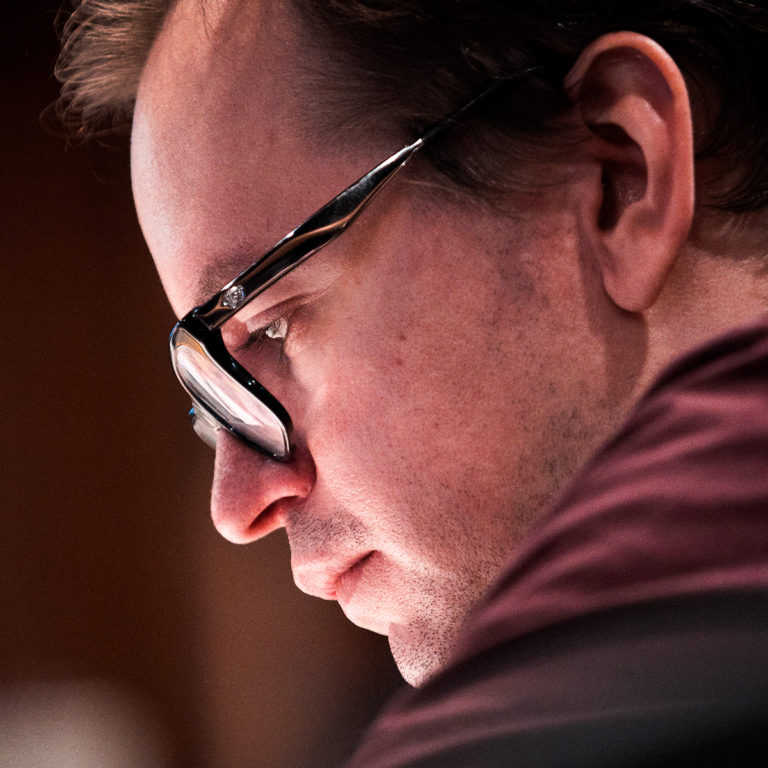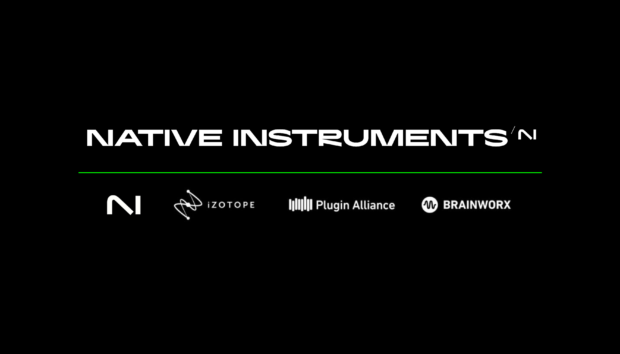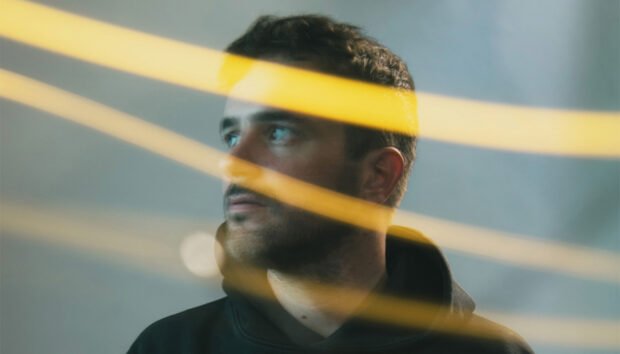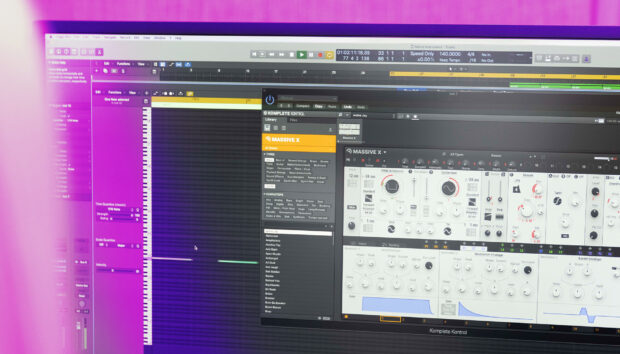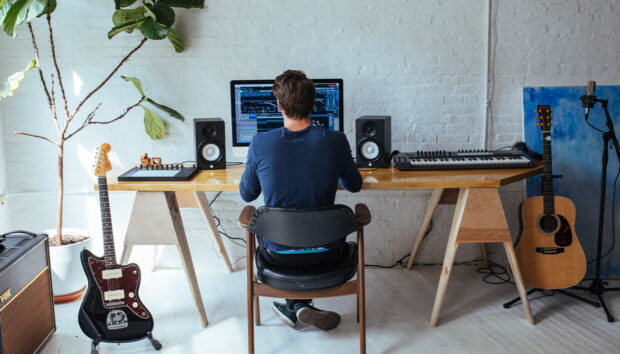After graduating from London’s Royal Academy of Music and then spending three years teaching English in Japan, Gareth Coker moved to the USA to focus on composing for games. He now writes expertly crafted interactive music for many hit game franchises, is signed up as one of three composers on the upcoming Halo Infinite, and will shortly be making a move into scoring for television. If there’s a common thread running through Gareth’s diverse body of work, it’s the signature soaring melodies that weave their way through each of his scores, perfectly matching the visuals of the various game worlds. We recently caught up with him (remotely, of course) to find out how he does it.
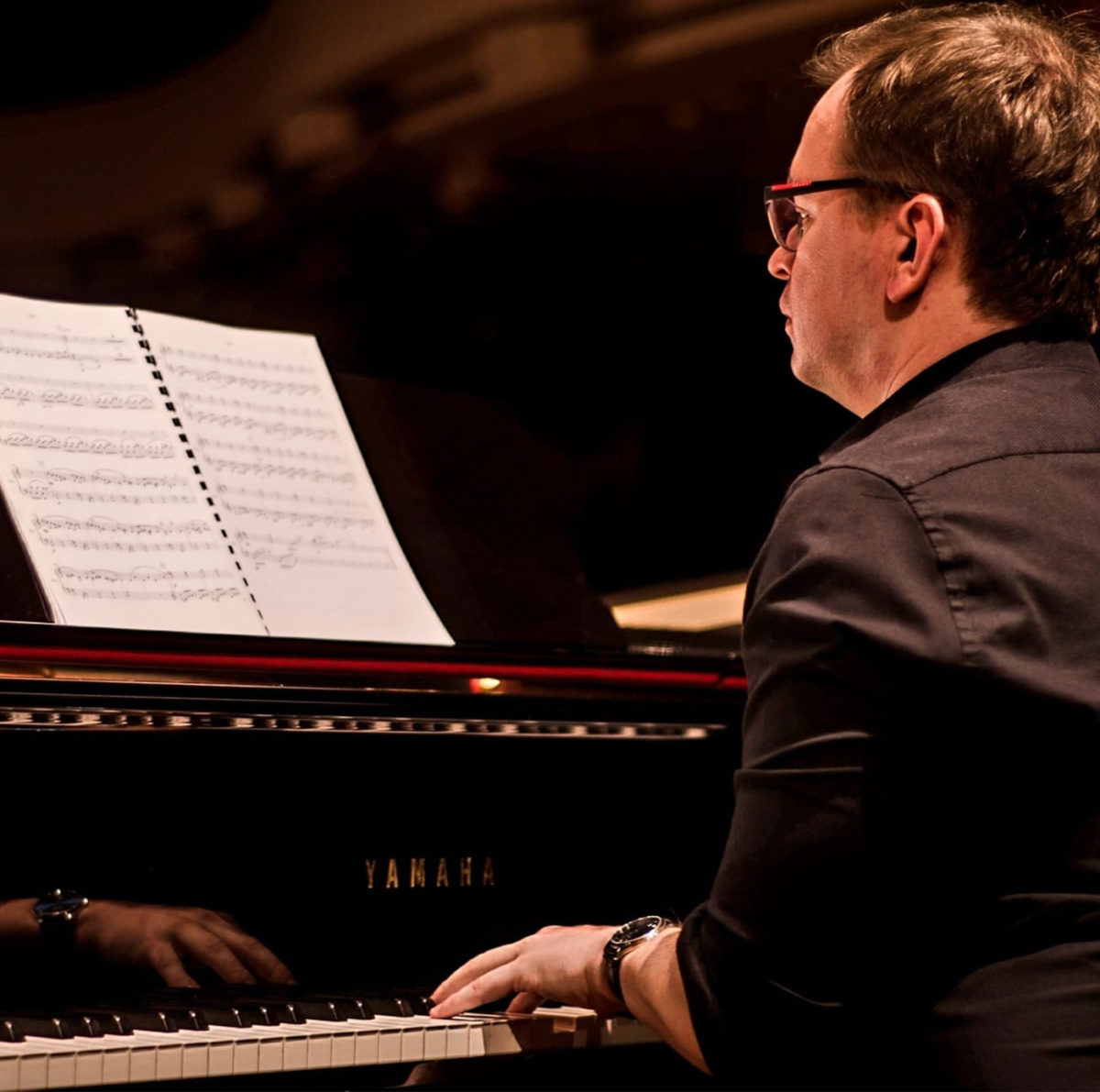
Despite his traditional musical education, Gareth maintains a focus on the technology behind music production. This stems from his time in USC’s Scoring for Motion Picture and Television program, during which he had the opportunity to visit the studios of composing greats like Thomas Newman and John Powell. He explains, “I even interned for a couple of composers (though I was not a great intern!) Nevertheless I did get to see their studios and workflow. It became obvious to me that music tech is super important. So I made a decision that even though I felt I wasn’t the best composer in my class, I was going to really focus on the technology and mock-up aspect and try to be ahead of the curve in that respect.”
Gareth’s introduction to Native Instruments products started early on in this process, with the first version of Kontakt and long-since discontinued libraries like Percussive Adventures and Vienna Symphonic Opus. Even though his scores are often re-recorded by orchestras nowadays, Gareth’s sample library collection has expanded considerably since those early years.
“I think I was probably one of the first people to buy Symphobia as I remember my order number was really low.” His favorites are from Spitfire, ProjectSAM and Orchestral Tools. “Sonically many of these libraries are pretty specific and some have great, very niche articulations that can be difficult to replicate in a live setting.” In some cases the sampled instruments are blended into his live recordings to give a unique feel. “My philosophy with choosing orchestral sounds is to find the ones that feel the most alive. I guess that for musicians, recording sample libraries can be pretty boring, so I don’t want to hear that in the samples.”
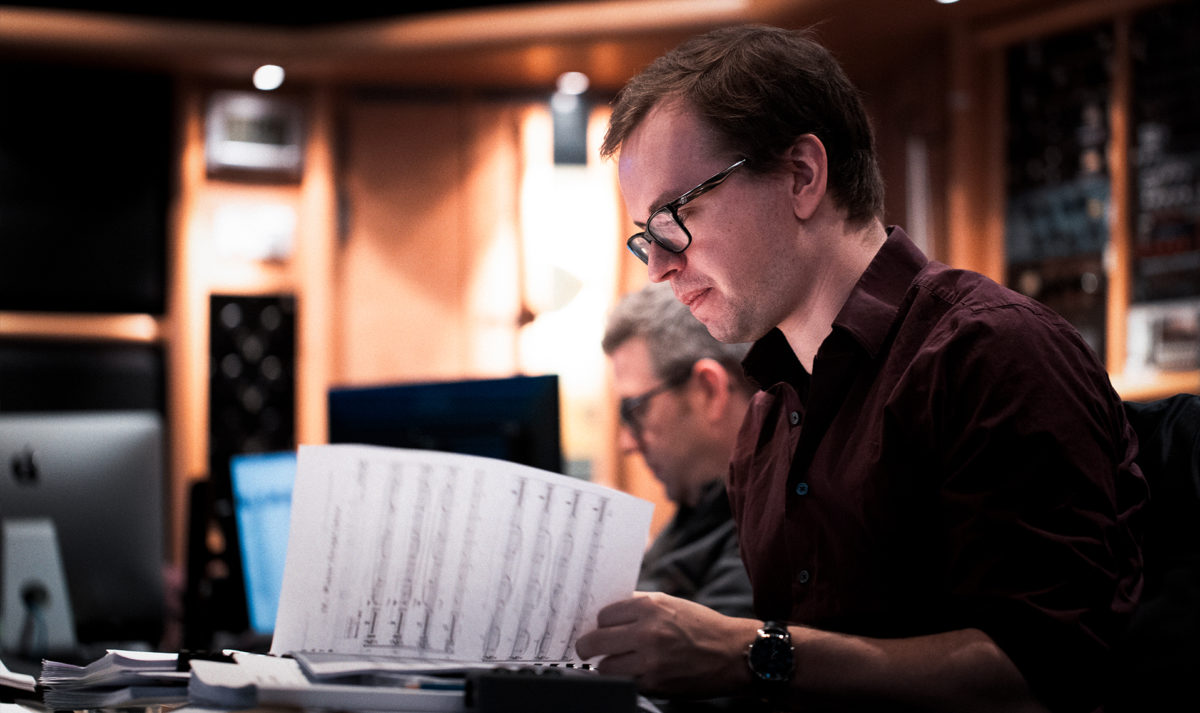
NI’s Rise & Hit makes an appearance in almost every one of Gareth’s projects. “It’s just insanely useful because I’m always needing transitional elements and you can never have enough whooshes and swooshes.” Laughing, he recalls a rumor he heard about Danny Elfman requiring his percussionists to use a different cymbal for each moment of a cue. “Even if that story isn’t true, I totally understand the philosophy. You just don’t want to hear that same reality-show bowed cymbal sample every time. So where is Rise & Hit 2?”
When it comes to managing this vast collection of instruments, Kontakt’s Quickload browser is Gareth’s tool of choice. “I could not live without it. Other composers spend time on their template, whereas I spend time organizing my Quickload panel. I spend hours categorizing everything so I can get things loaded up at speed.” He likes to refresh his folders for every new project and rotate in unusual instruments – particularly from 8Dio and Spitfire – to keep things fresh.
Gareth has recently been tapped as one of three composers – along with Curtis Schweitzer and Joel Corelitz – to score the upcoming Halo Infinite from Microsoft-owned 343 Industries. This latest installment of the bestselling first-person shooter finds space-marine protagonist Master Chief battling aliens, zombies, and other assorted enemies with a vast array of sci-fi weaponry. Talking about the series, Gareth feels that people have a few misconceptions about the videogames. “For those who aren’t necessarily hardcore Halo fans and might just play a handful of videogames, they might just think it’s just an action shooter, but behind that there are some much softer and more emotional story elements.”
Taking over the music for an established franchise, Gareth found himself in the unusual situation of stepping into the shoes of well-loved series composers. “Marty O’Donnell and Michael Salvatori have such a great understanding of the space between the notes.,” he says of the duo behind the first three Halo scores. “You can’t just have balls-to-the-wall action music all the time.”
To create the specific sounds for his part of the upcoming soundtrack, Gareth called up sample library producer Slate & Ash (who he previously worked with on Ori and the Will of the Wisps) to develop some custom libraries with input from 343 and his Halo co-composers. “I cannot begin to imagine the amount of scripting that goes into their crazy instruments, but it’s so much more than that. Their libraries just don’t sound like anyone else’s.” The collaboration was pretty symbiotic, he explains. “We told them that we wanted ‘pads with skin’, sounds that felt alive and they totally got it.”
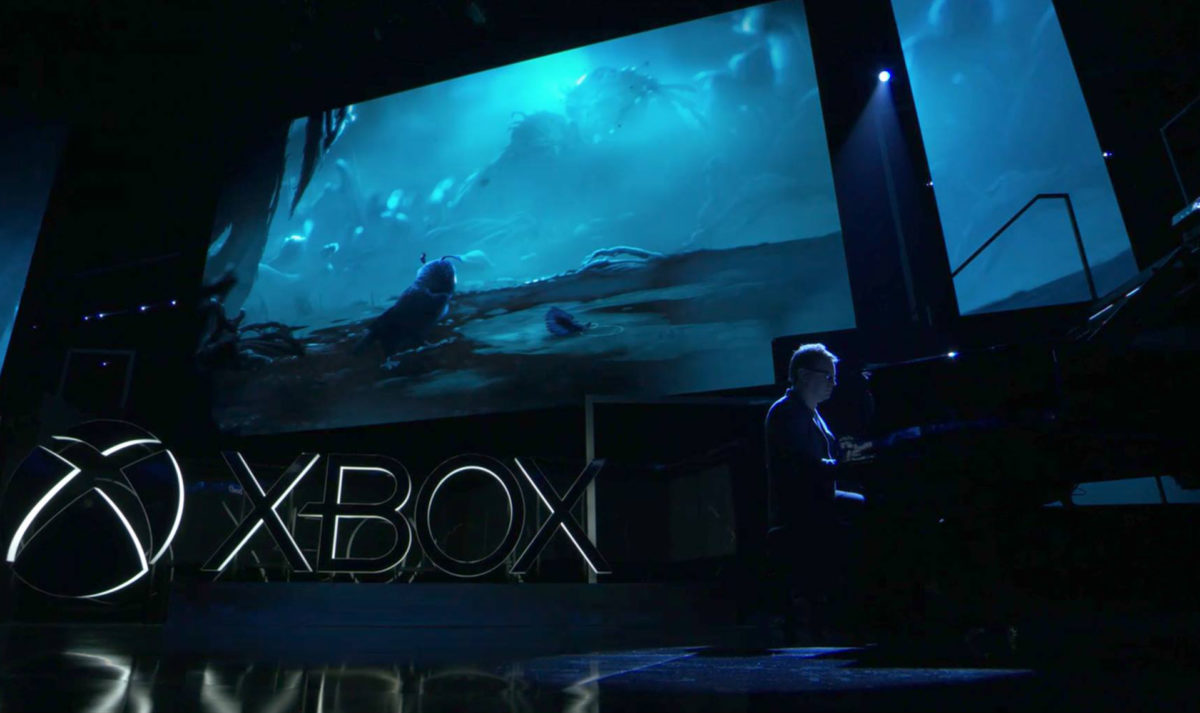
“Pulses are a key component of my music in general but it takes a long time to make ones that sound interesting. For Halo, I wanted to avoid the kind of generic low sci-fi pulses you hear in lots of movies and games. I had some bespoke instruments made where, amongst many other things, I can use the mod wheel to crossfade between pulses playing in forward and reverse, so that saves me a bunch of time.”
Slate & Ash delivered some of these sounds in their recently developed Cycles engine. “It’s great to have a bank of sounds that are Halo-ready with a very visual interface and that suits me perfectly.” Gareth also has plenty of praise for other libraries that employ a visual approach. “Sonokinetic is another developer with incredibly abstract designs and for a creative like me that really works. Although maybe other people might prefer a more spreadsheet-style UI. Perhaps there should be a toggle switch or something?”
With Halo Infinite set to release in fall of this year, Gareth has already set his sights on his next project: An animated TV spin-off from the videogame, Ark: Survival Evolved – which he also scored. “I build templates per-project but given that I’m moving into television this year I think I’ll have to spend a bit more time developing some bare-bones projects that I can switch in and out of quickly. With a new project it should be me coming up with the ideas, firing up old sample libraries, trying some new ones and having a play.”
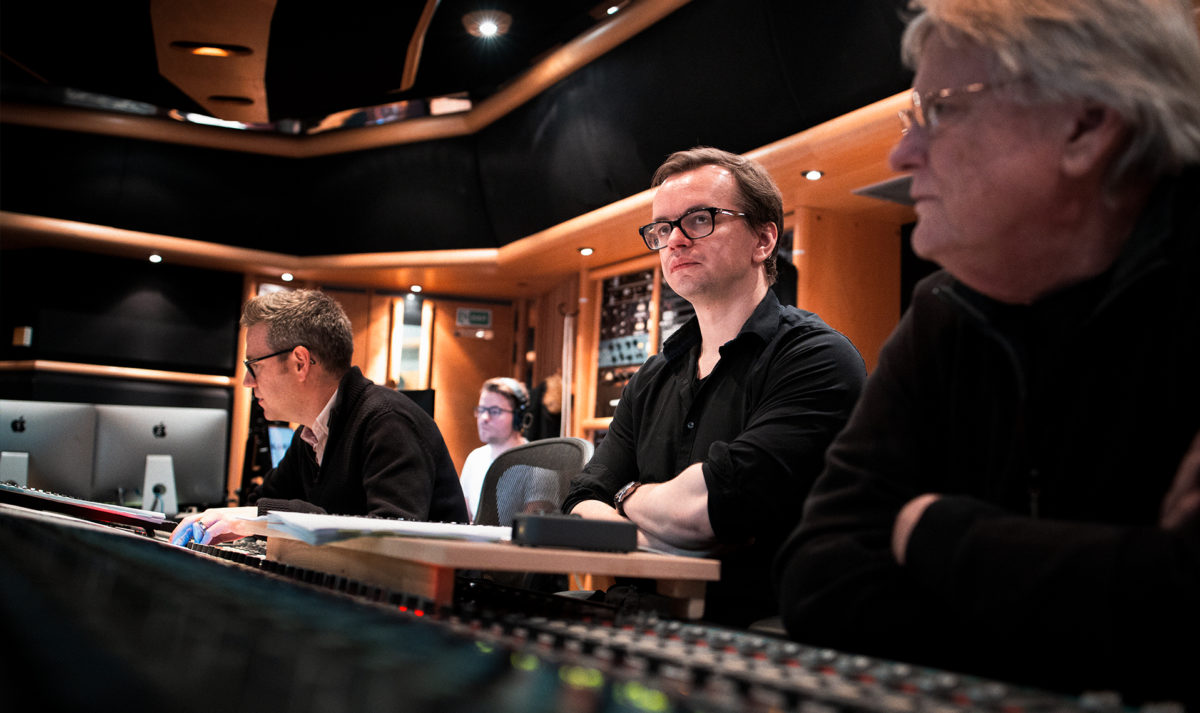
With games, production work begins tends to begin earlier, leaving more room for experimentation. For example, whilst playing the very early versions of indie platforms hit Ori and the Blind Forest, Gareth was already making decisions about the feel of the music. “You can get an idea of tempo, arrangement, pacing and weight. I discovered purely from this early process that the Ori score didn’t really need any percussion and the sound FX alone could do those kinds of big tactile moments.” When it came to the final mix Gareth says it was a much simpler process than usual. “Sonically, the music and FX had been staying out of each other’s way throughout the whole development.” In his view, it’s this kind of collaboration that’s essential to effective game design. “In a big studio the different teams can be working in a vacuum. One thing I love about [Ori developer] Moon Studios is that there’s constant dialogue between all departments. That’s the difference between a good game and a great game; how all of the elements come together in harmony.”
The opening sequence of Ori and the Will of the Wisps is the perfect example of this synergy. “I can’t tell you how long we spent editing that sequence and rewriting those opening minutes, wanting to get every element to work together. I actually reviewed the orchestration mid-flight on the way to record it as we had to get it just right.”
Gareth’s studio is streamlined, with a minimum of gear – just one computer and a single display. “Ergonomics should be important for all composers. Personally, I don’t like twisting and turning to reach all sorts of different controllers and keyboards. I know some composers like to work really actively, getting up and moving around the studio. When I get dialed in I do not want to move from my seat. Slimming down my setup to something where everything is within arm’s reach was a life-changer for me, so that’s why I run everything via just one giant 43 inch monitor running in 4K with no scaling, with maybe an upgrade to 48 inches soon.”
Using Komplete Kontrol S61, Gareth finds that the key range is all he needs for 98% of his work. “I’m a piano player at heart and the semi-weighted feel of the keys is just perfect as the keybed feels really comfortable to play. The bigger keyboard won’t fit on my desk anyway. Plus, I don’t want to be hammering the fully weighted one all day long if I’m programming strings or percussion, I just want to press the keys and have the sound come out. That’s where 61 keys are pretty much ideal. I slide my keyboard halfway into the desk and, even without looking, I can feel instinctively what all the buttons and dials do and which MIDI CCs they are controlling.”
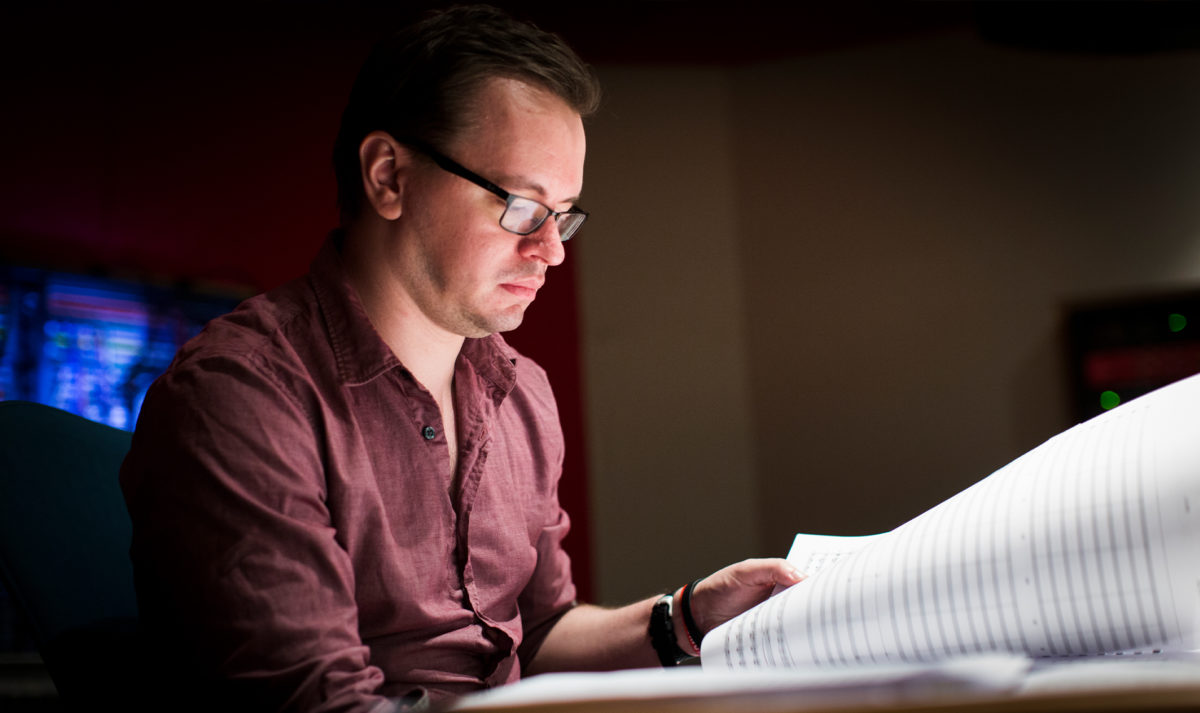
With so many projects on the go, how does Gareth find the time to indulge his other interests? “I actually have a very structured work day. I don’t work crazy hours but I’m pretty efficient, so when I’m not in the studio I’m simply not working. I think that you genuinely write better music the more real-world experience you have, whatever that means to you. It’s so easy to get caught up in online discussions and assume that the next big sample library will give you new ideas. Usually that’s not true, you’ll just write bad music with slightly better sounds.”
Any final suggestions? “Go and play the games that are on the BAFTA list. Even when you watch a terrible film it will help you discover what doesn’t work. Just do things outside your comfort zone and you’ll find that inspiration seeps in by osmosis.”
You can stay up to date with Gareth’s latest projects at gareth-coker.net.








